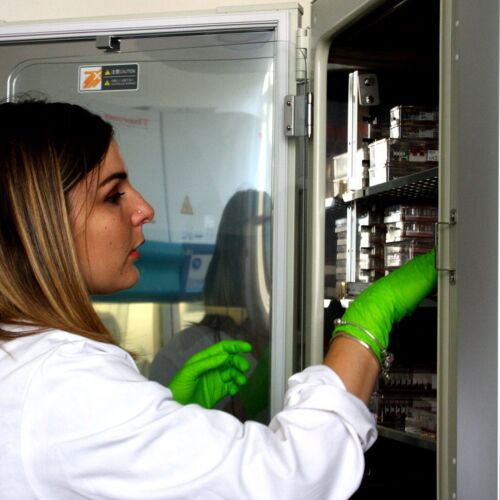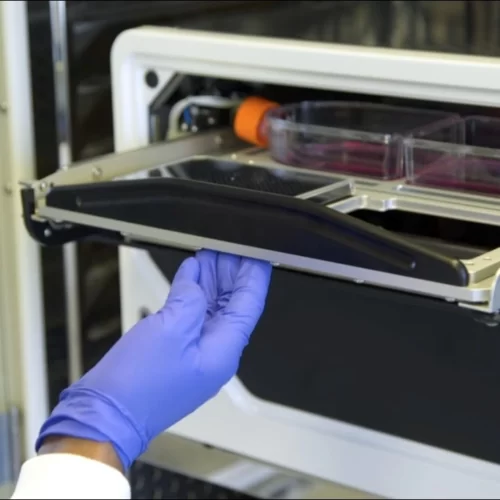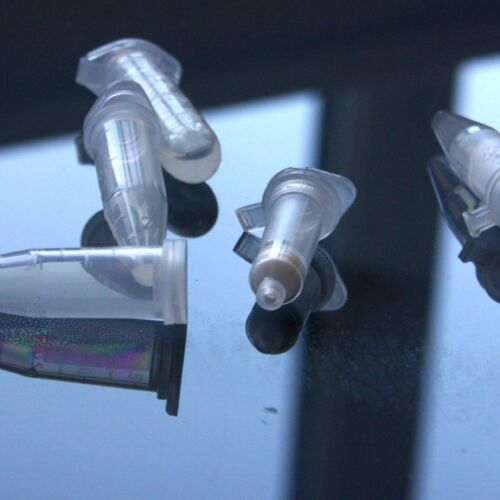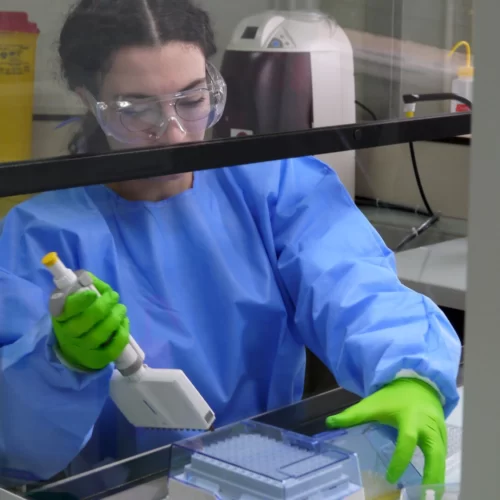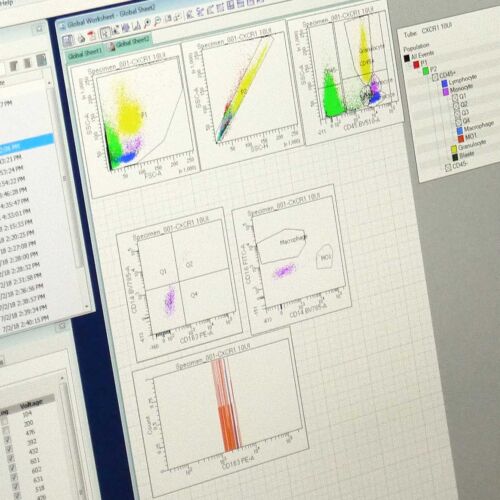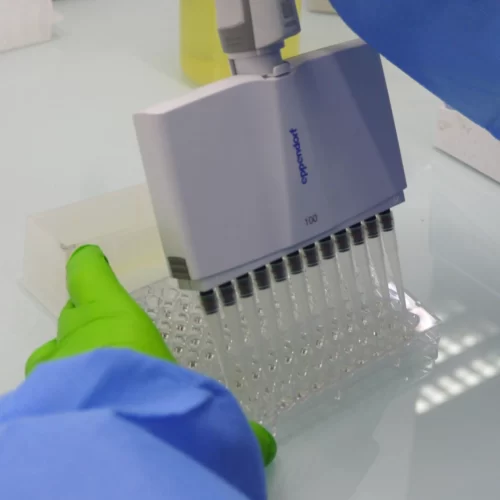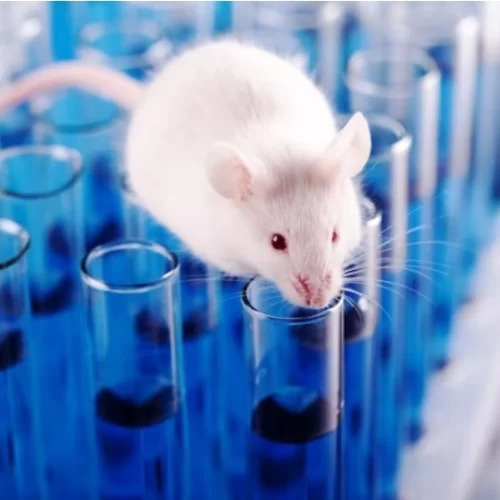Our in vitro preclinical services offer a comprehensive range of assays and over 150 tumour models, designed to support a large spectrum of drug discovery and development. We aim to adapt the study designs to your particular needs and optimize your in vivo Proof of Concept (PoC) studies, to help you select the most promising lead compounds in a cost- and time-efficient manner. Our expertise allow to optimize the quality and significance of your in vitro studies, ultimately accelerating the transition of your therapeutics from preclinical research to clinical trials.
Our in-vitro service offerings include:
-
Development of immunotherapies
We specialize in the development of novel immunotherapies, including antibodies, bispecifics, immuno boosters and CAR-T cell-based treatments. Our in vitro assays help you to evaluate the immune response, tumour microenvironment interactions, and efficacy of immunotherapeutic agents.
-
End-point studies
We offer a variety of end-point assays designed to assess the therapeutic potential of your compounds at key stages of treatment. These studies are carefully designed to assess tumor growth inhibition, apoptosis, immune response and other appropriate biomarkers.
-
Continuous monitoring studies
Thanks to our continuous monitoring capabilities, we offer a dynamic, real-time vision of biological variations in treated tumor cell lines. Our Incucyte and XCellingence equipments track changes over time, providing essential information on drug efficacy, toxicity and tumor cell development.
-
A bank of 150 tumour models (human and murine)
Our wide range of tumor models, both murine and human, covers a broad range of cancers types, including solid and hematological. We carefully select and test these models for their relevance in clinical oncology, and they provide a solid basis for testing the efficacy of new compounds in different cancers.
-
Development of resistant tumour cell lines
We also offer the development of resistant tumour cell lines, to help identify potential resistance mechanisms and test the effectiveness of combination therapies. These models are invaluable for studying drug resistances in cancer treatments and for developing strategies to overcome it.
-
Characterisation of samples
We offer a wide range of molecular, cellular and histological analyses, including gene expression profiling, protein analysis and immunohistochemistry. This research enables detailed characterization of tumors, helping to identify biomarkers, assess tumor diversity and monitor treatment responses at the molecular level.
NEW: 3D bioprinting of tumors
3D bioprinting in preclinical oncology makes it possible to create three-dimensional tumor models from human or murine cancer cells, in particular by combining tumor cells with fibroblasts or immune cells. These models offer a more faithful reproduction of the tumor architecture and microenvironment than traditional 2D models.
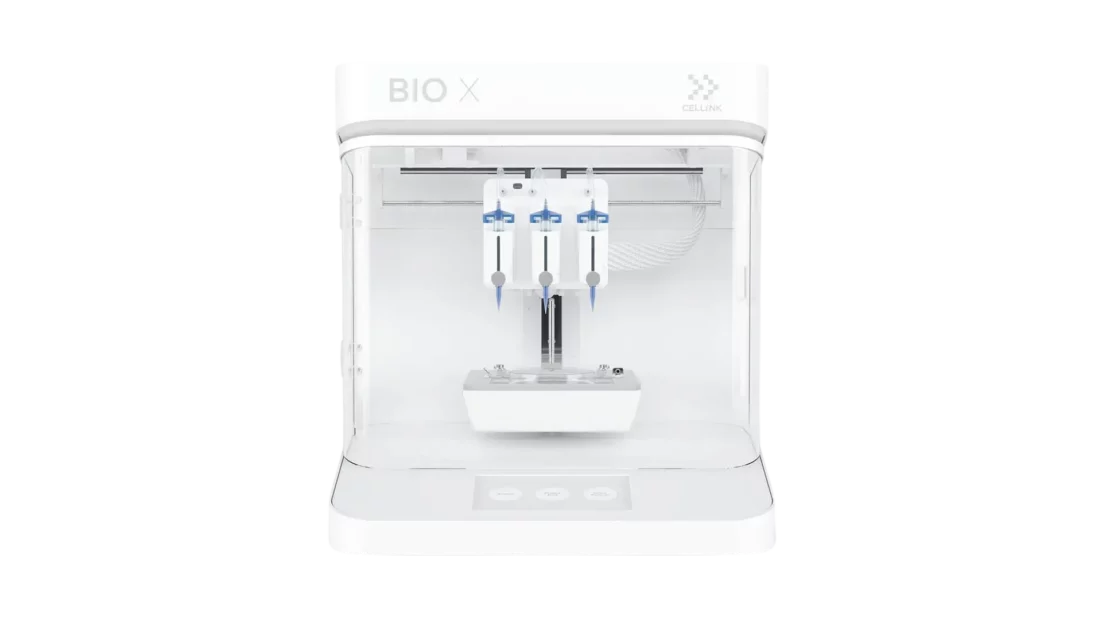
In preclinical oncology, 3D printing comes with several important features:
- More realistic tumor models:
3D-created structures better reproduce the complexity of tumor development in a three-dimensional environment, enabling the study of interactions similar to those observed in vivo.
- Targeted evaluation of treatments:
These models enable more precise evaluation of the performance of new molecules or treatments, by effectively simulating tumor reactions to treatments (e.g. chemotherapy, genetic treatment, immunotherapy).
-
Study resistance to treatments:
3D printing of tumors makes it possible to reproduce treatment-resistant tumor environments, facilitating the study of resistance mechanisms and strategies to counter them.
-
Closer-to-clinic approaches:
These models can be adapted using patient-derived tumor cells (PDX models), providing a platform for evaluating treatments on specific tumor profiles under conditions that are increasingly close to clinical reality.
-
Optimized drug development:
3D printing accelerates the development process for new drugs, enabling rapid and reliable validation of their efficacy and toxicity through medium-throuput screening.
3D printing of tumors improves the predictability of clinical results, reduces the use of animals in preclinical trials and enables the screening of multiple therapeutic compounds.

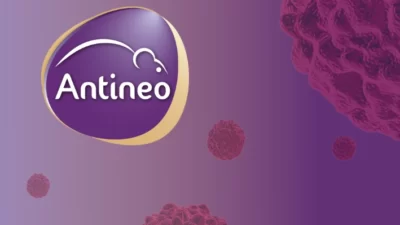 Antineo
Antineo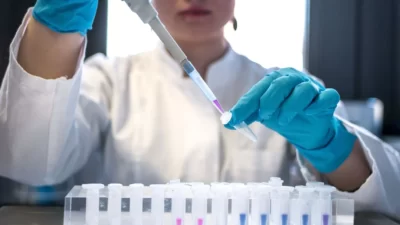 Preclinical services
Preclinical services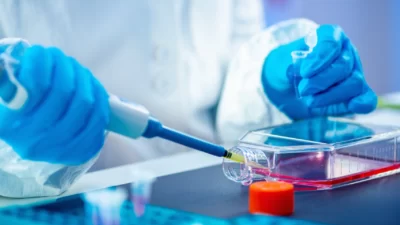 Tumour models
Tumour models Our Strengths
Our Strengths News & Events
News & Events